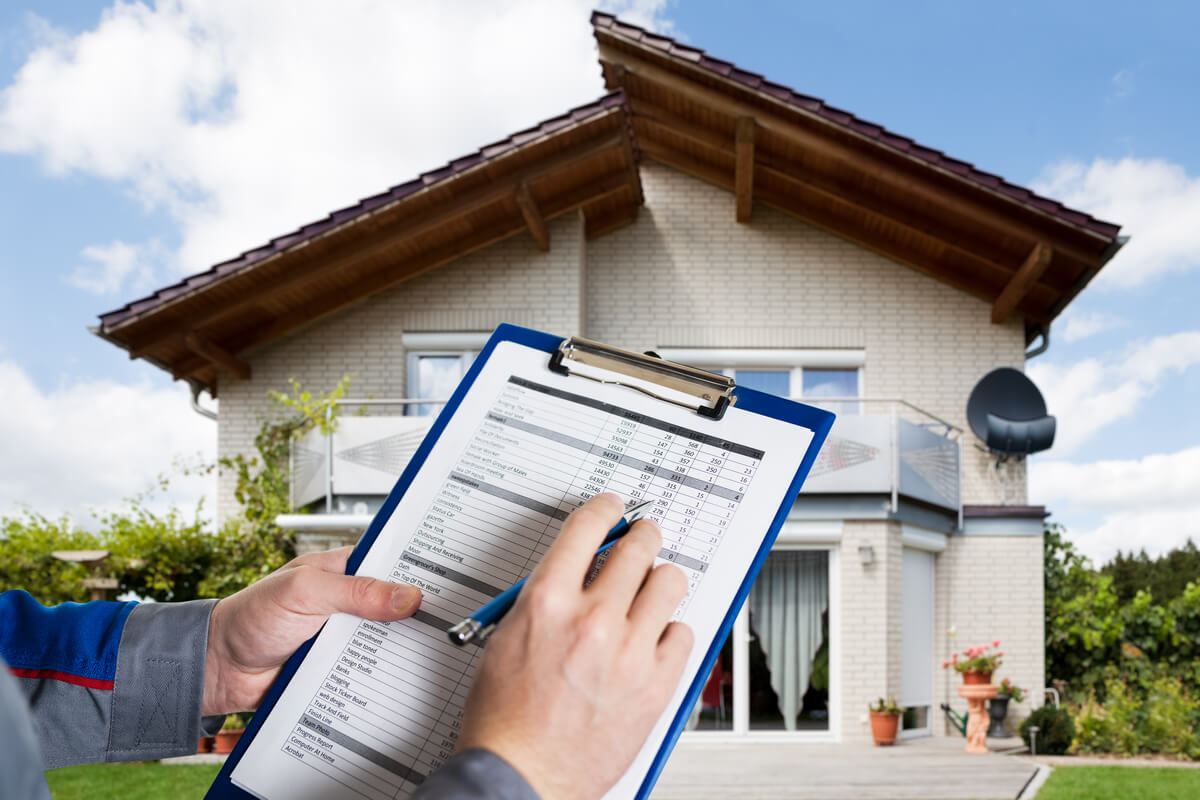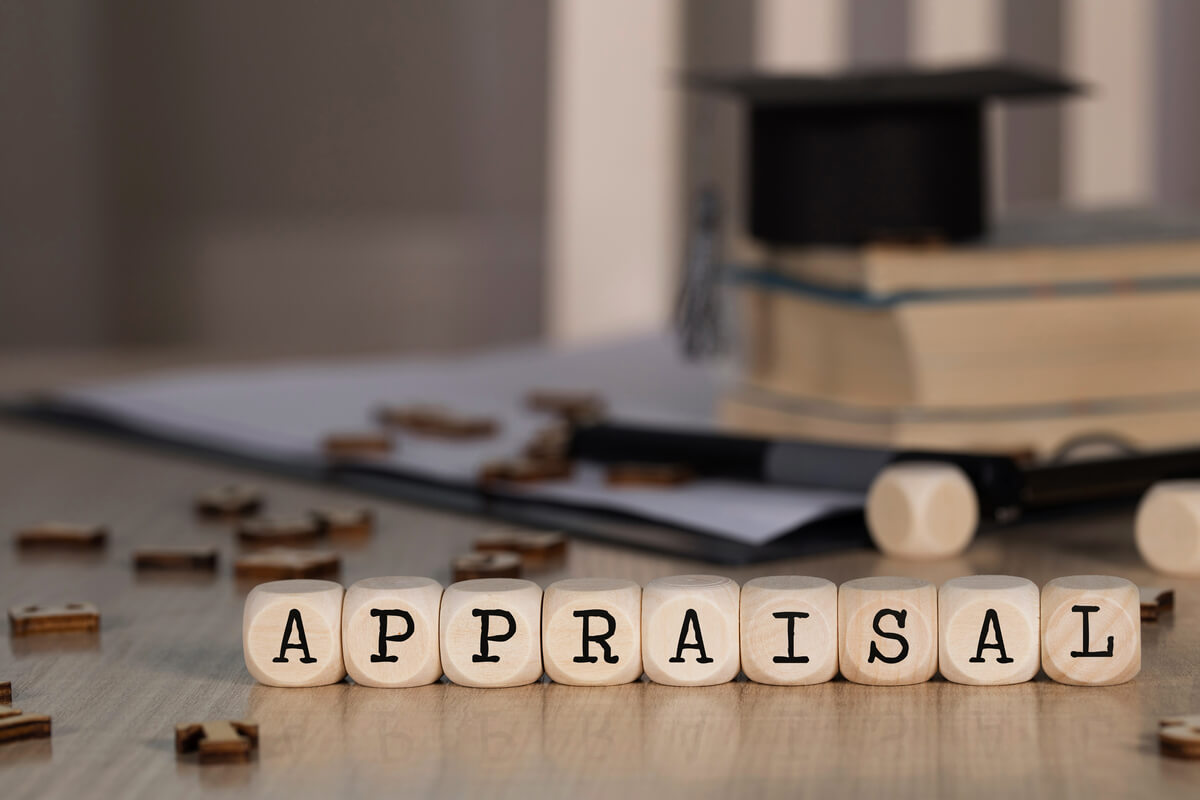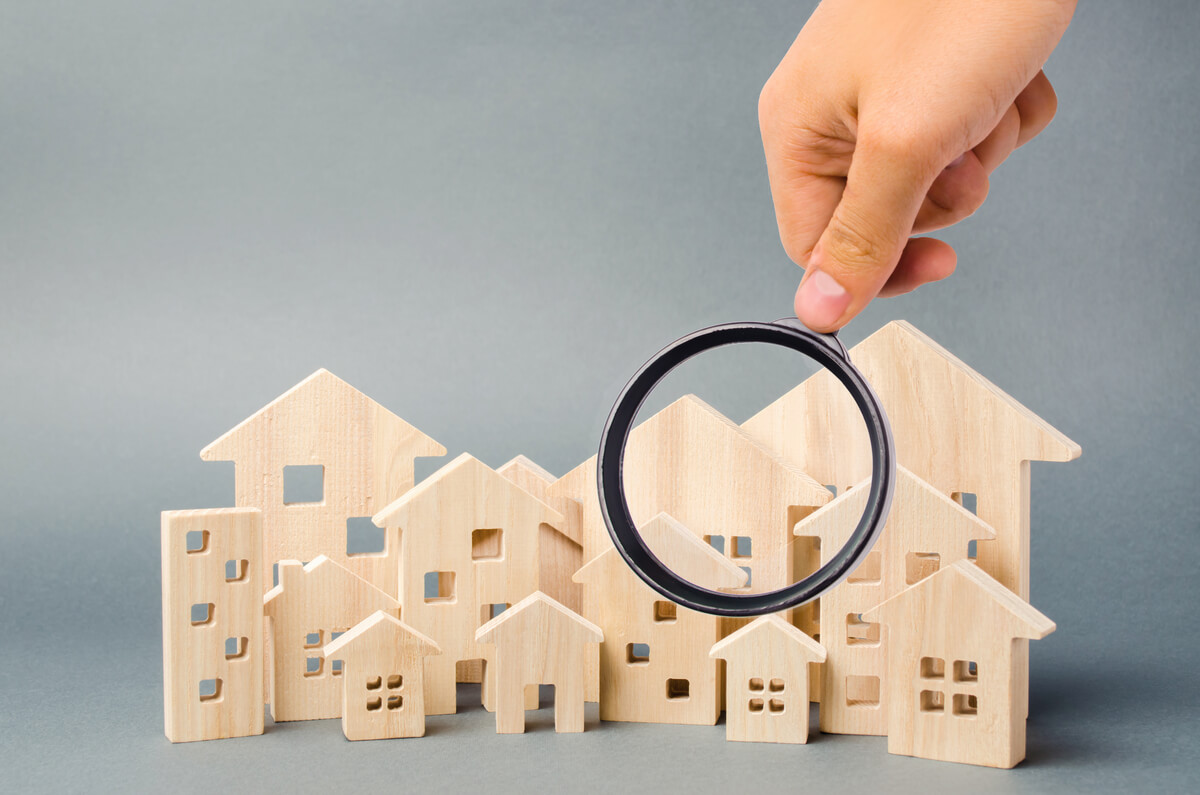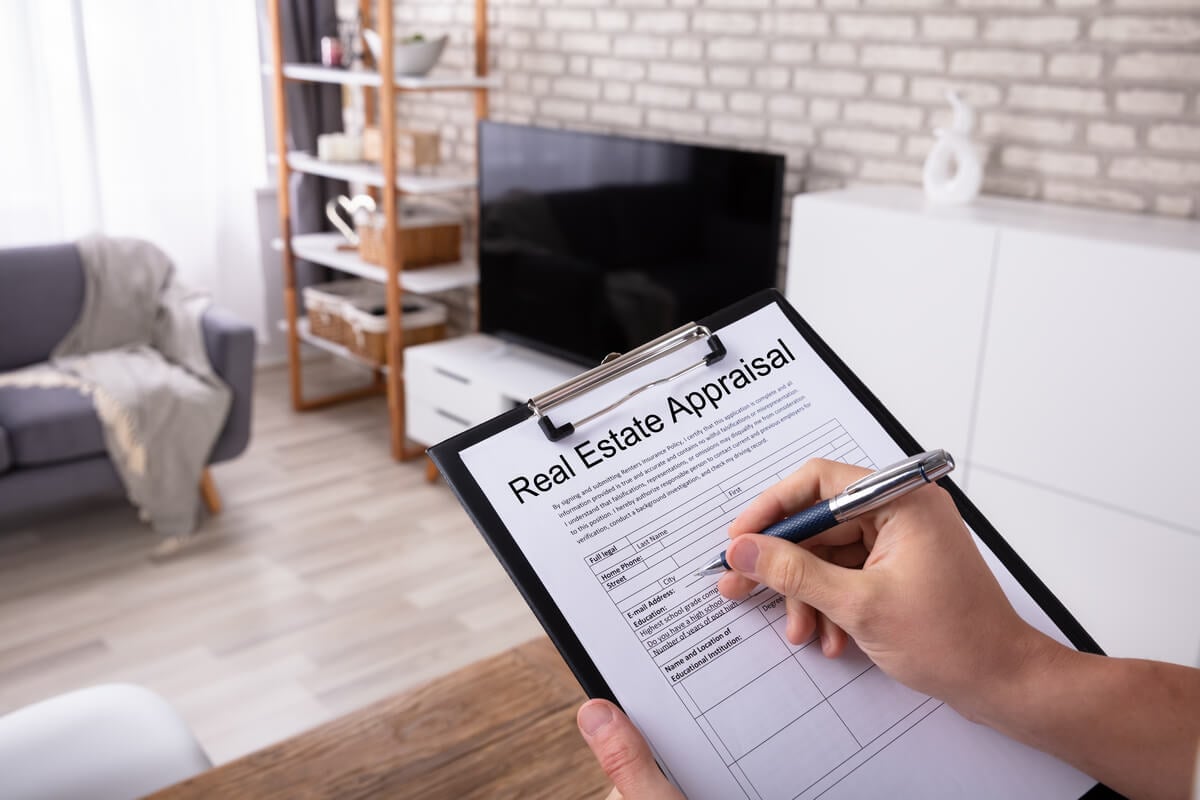An appraisal is a vital step in the home-buying process. During the appraisal, a professional will thoroughly inspect your home to assess its value and ensure that you aren’t borrowing more than the home is worth. The listing price doesn’t always line up with the true value of the home, so mortgage companies want to make sure they’re not lending too much money.
For both buyers and sellers, the appraisal can be a stressful experience. If the home is appraised for a lower value than the sale price, you won’t be able to move forward with the transaction as-is. Your lender may decrease your loan amount, which means you have to make up the difference in cash. You and the seller could renegotiate the deal, but your seller may not be willing to offer a lower price if you’re in a competitive market.
Understanding what goes into a home appraisal can help to put your mind at ease as you get ready for this step. If you’re selling your home, there may be some strategies you can use to get a higher appraisal.
The following are some of the most commonly asked questions about how appraisals work and how you can help the process go as smoothly as possible:

What does the appraiser look at?
An appraiser will thoroughly examine the interior and exterior of the home to assess its value. They’ll likely start by checking out the general condition of the home and looking for signs of damage. For instance, they’ll check for broken windows, damaged floors, leaking faucets, and missing door handles. Your appraiser won’t judge the home based on its cleanliness, but they will assess its overall upkeep.
The interior is typically where the appraiser spends most of their time. They’ll count the number of bedrooms and bathrooms and inspect the basement or attic. If you’ve made any improvements to the home or upgraded any appliances, your appraiser will take note. One of the most important issues that appraisers look for is water damage. Any signs of water damage can be detrimental to your appraisal as mold can be extremely expensive to remove.
Outside, the appraiser will look for cracks in the chimney, roof damage, and foundation problems. They’ll also consider the home’s location. Properties in neighborhoods with good schools and low crime tend to be appraised for higher values. Suburban homes will appraise for different values than rural homes, too.

How long does an appraisal take?
The length of the appraisal varies depending on the size of the home. The appraiser will probably only be in your home for about an hour possibly longer. Then, it will take some time for them to complete the report.

How much does an appraisal cost?
Larger homes typically cost more to appraise because the appraiser has more to report on. In most cases, appraisals cost between $300 and $400. Or even a little more. The mortgage lender usually orders the appraisal, and the buyer usually covers the cost. In many cases, the buyer chooses to roll the appraisal fee into the mortgage.

What is the Appraisal Report?
The Appraisal Report is the written report that outlines the home’s value. Appraisers usually use the Fannie Mae Uniform Residential Appraisal Report. This document includes a description of the property, photographs of the home, a list of comparable sales in the neighborhood, the home’s square footage, and other relevant information.

How do I get a higher appraisal?
As a seller, the best thing you can do to get a higher appraisal is to make minor repairs around the house. When you’re in the process of selling your home, you probably don’t want to make major upgrades or complete huge renovations. However, you could fix leaky faucets, install new door handles, and make other small fixes. Cosmetic upgrades may make a difference, too. If the paint is starting to look stained or dingy, applying a fresh coat could transform the room. Doing some landscaping outside could boost your curb appeal, too.
You can also offer your appraiser a list of upgrades and repairs you’ve made over the years. It’s helpful for your appraiser to have a written record of when systems and appliances were last replaced. Gather up any invoices, receipts, or other paperwork you have documenting work you’ve done around the house, and offer copies of them in a folder to your appraiser.

Can I appeal a low appraisal?
A low appraisal can be a massive disappointment. Appraisers are experienced professionals, so their report is usually accurate. However, if you think that the appraised value is truly incorrect, you can challenge the report. It’s rare for the seller to win when they contest an appraisal, but it may be worth a try.
You’ll have to gather as much evidence as possible to support your claim. Proof of repairs and renovations can help you plead your case. Gathering information on comparable properties in the neighborhood can be beneficial, too. Then, you can request a review of your appraisal.
Although the appraisal itself is a short process, it can have a dramatic impact on your buying or selling experience. Your appraiser will evaluate the size, layout, and overall condition of your home’s interior and exterior to determine its value. As a seller, you may get a more favorable appraisal by making sure your home is in the best possible condition before the appointment. By preparing in advance for your appraisal, you increase your chances of getting favorable results.

Get your FREE Cottage House Stress Reliever *
Real Estate does not have to be stressful when you work with me, and you squeeze the Cottage House Stress Reliever. * This is why I give one FREE to my customers and clients as shown above…

Steven Kessel, REALTOR® is ready to help you achieve your home buying and selling goals.
Call me at (781) 246-1234 cell


